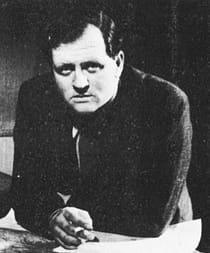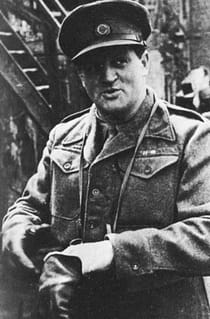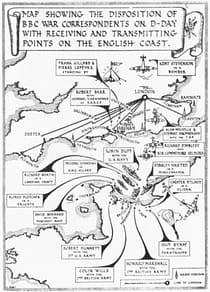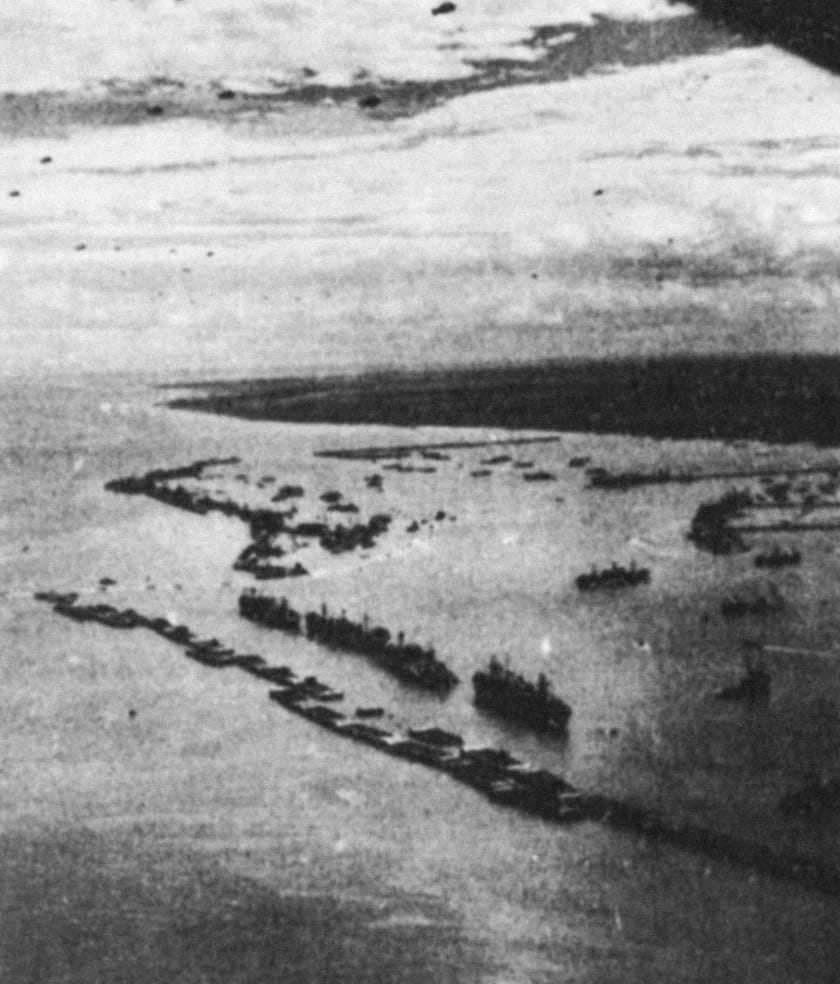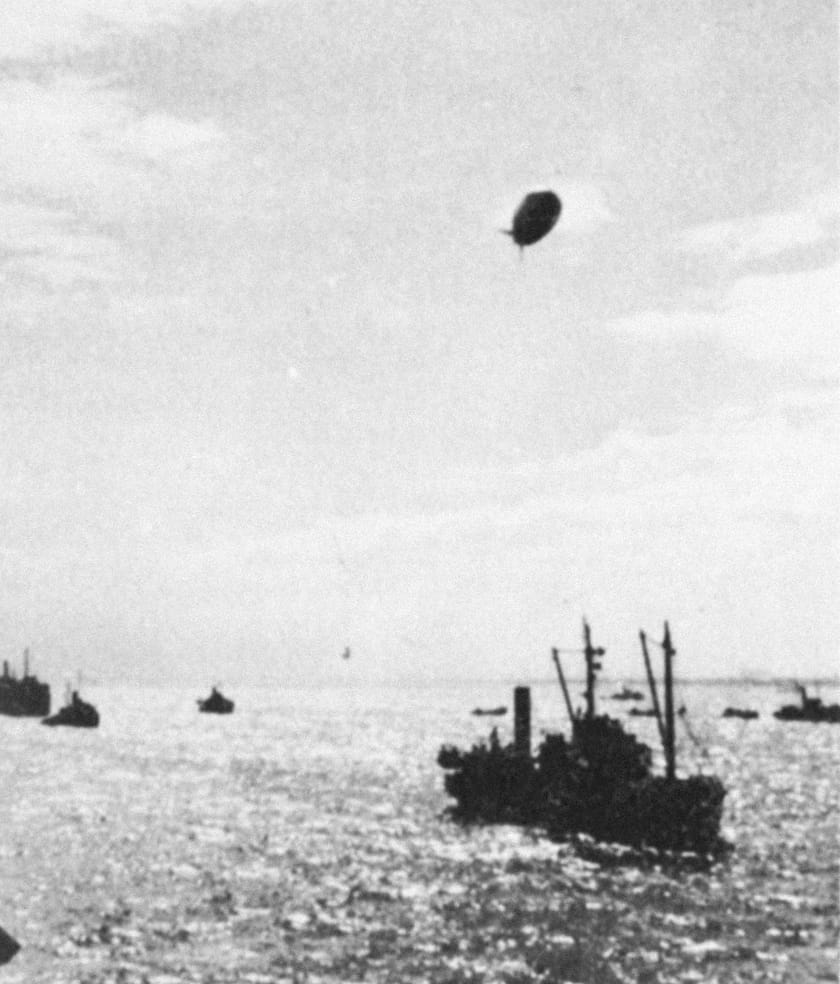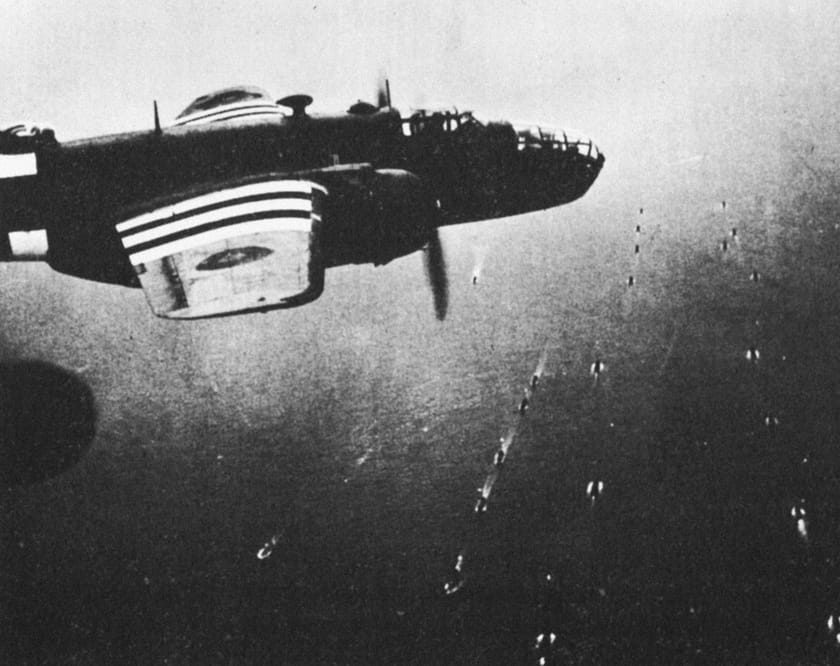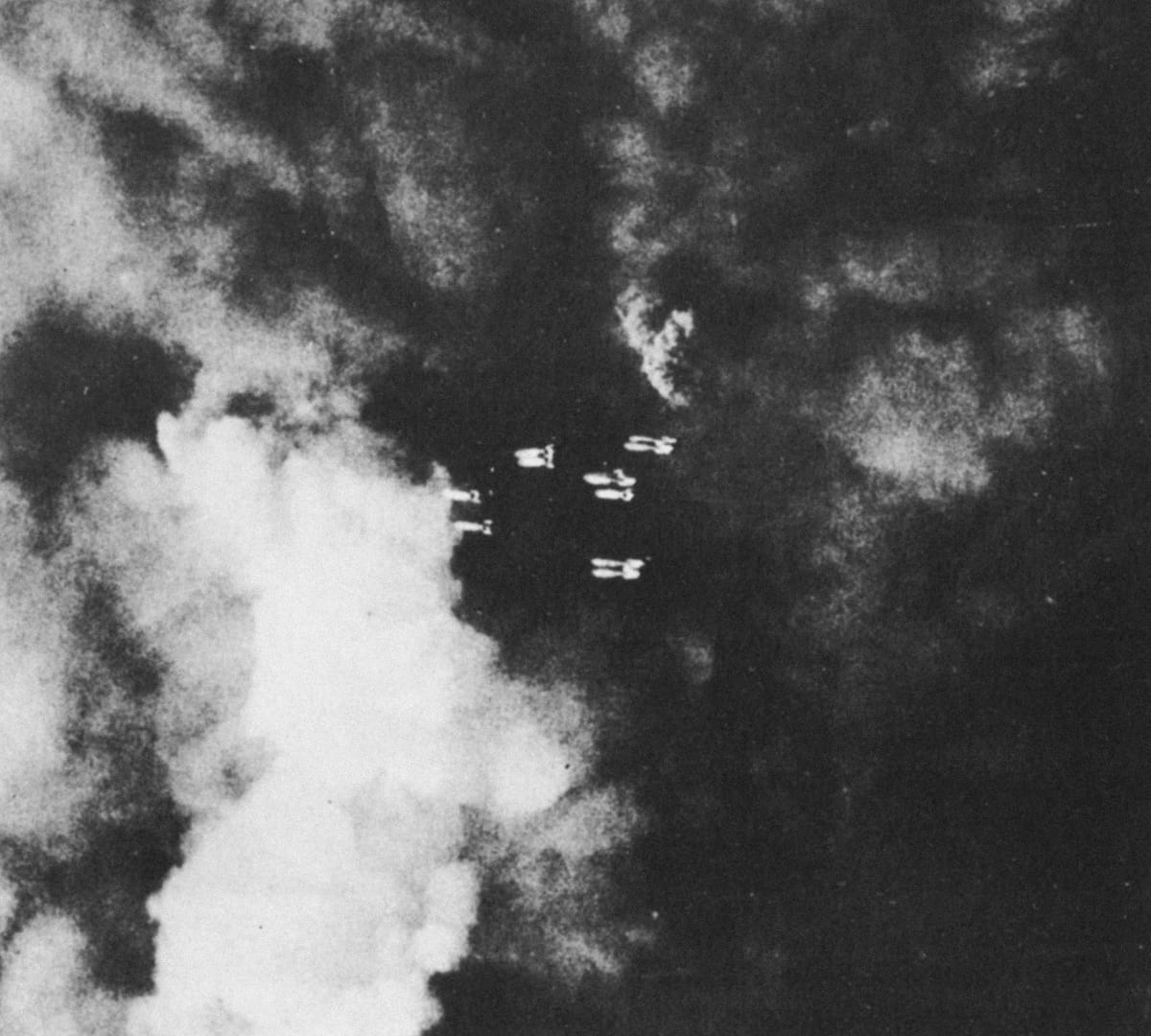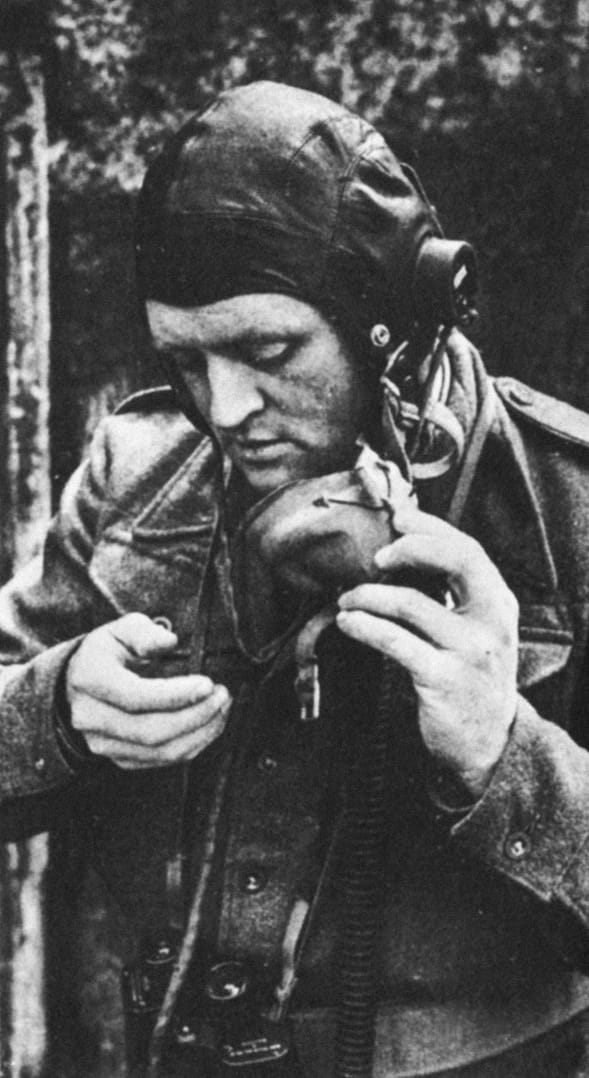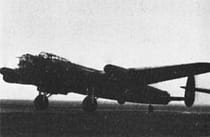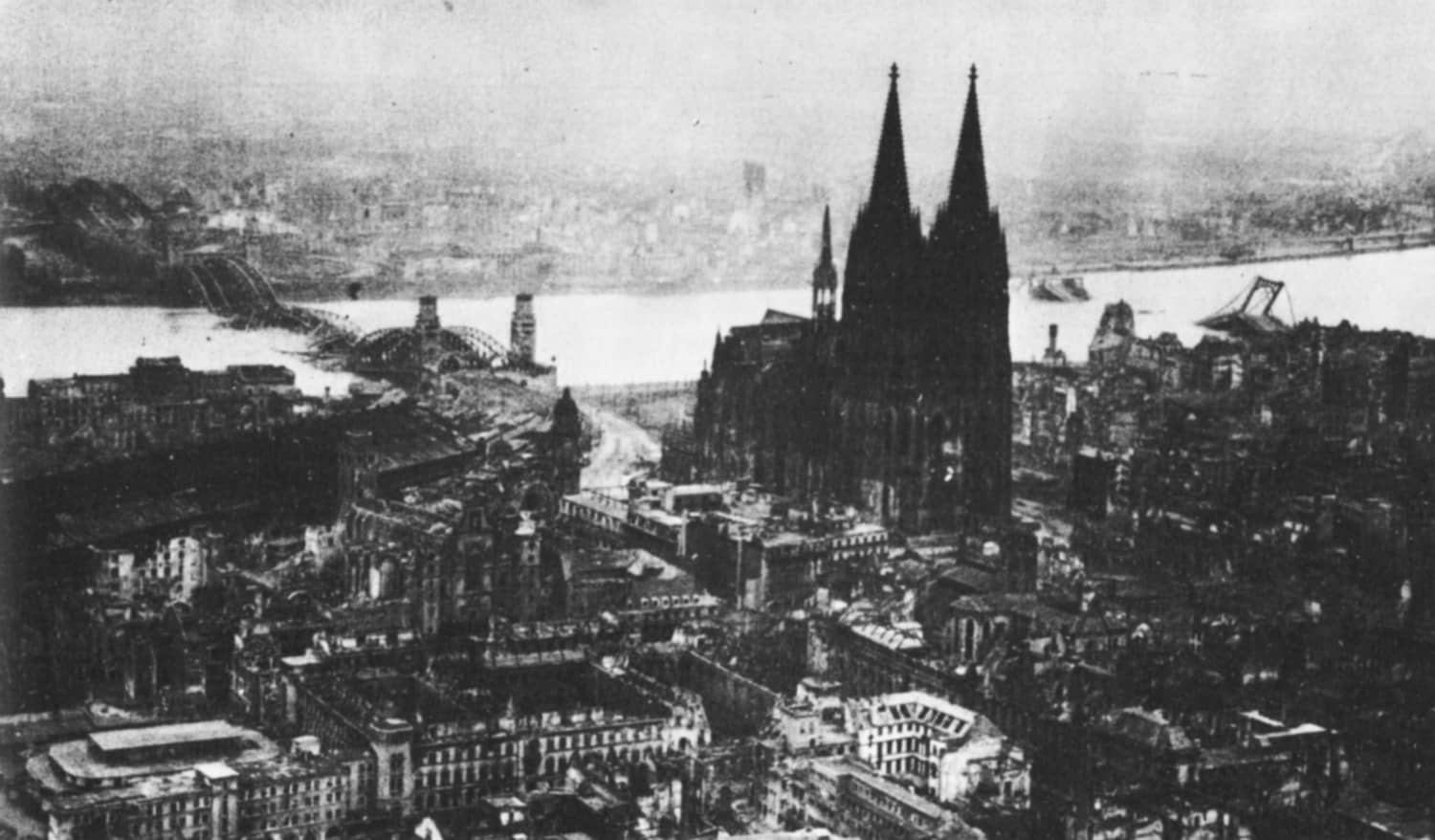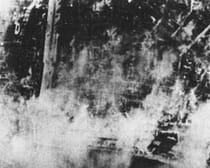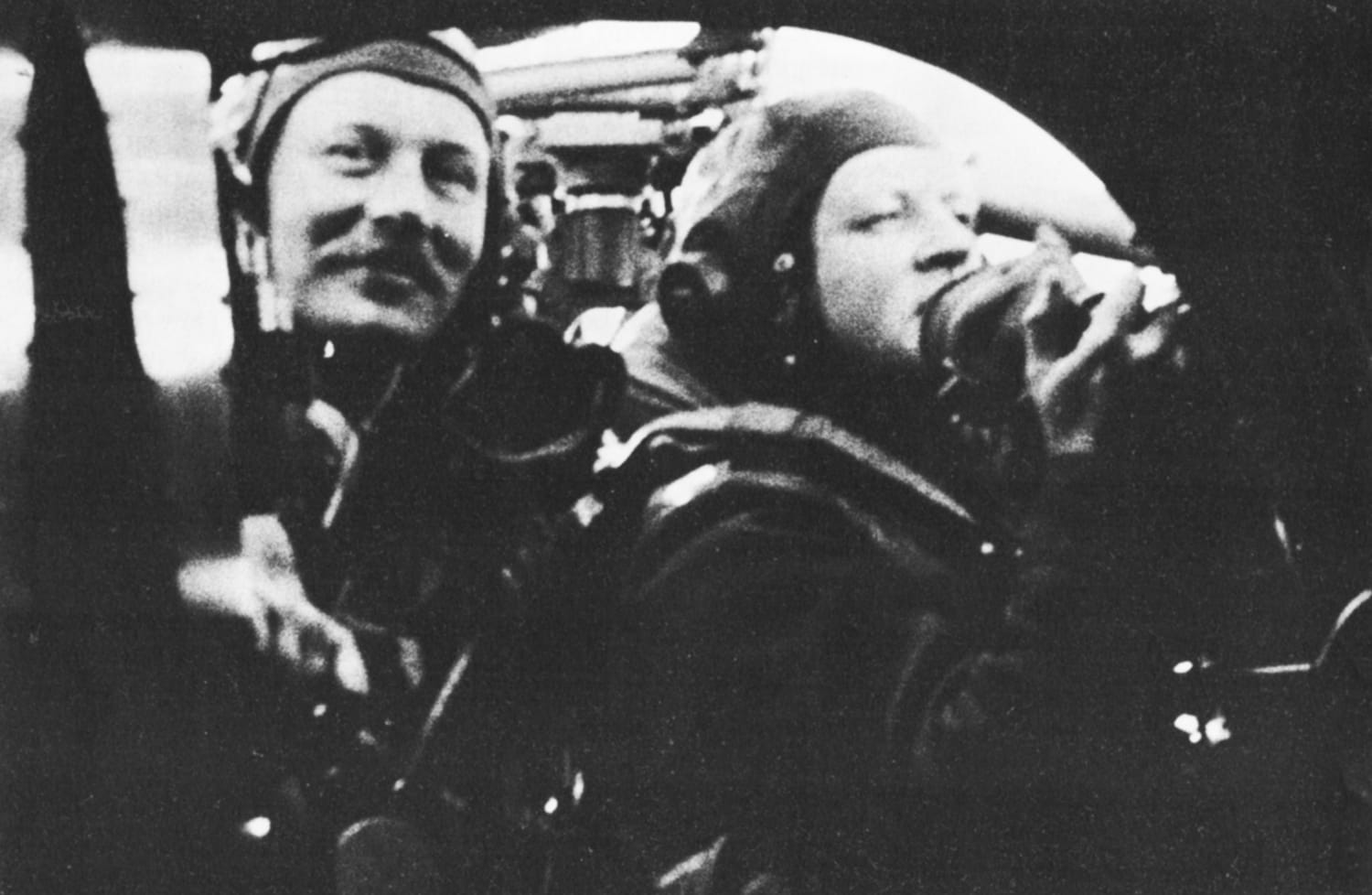Dimbleby himself wrote a confidential report for BBC News analysing the lessons to be learnt from the Spartan exercise for the reporting of war in the medium of broadcasting. It was typical of his very practical and constructive approach to the problems of his profession. It also gave an insight into his view of a correspondent’s proper bearing in wartime.
The Exercise
The exercise showed yet again that war correspondents are welcome among troops in the field. The Canadians in particular provided excellent facilities for obtaining information. With the sole exception of a few of the Household Brigade officers, I experienced no difficulty or unpleasantness whatsoever. Household officers always take longer to thaw.
The Team
In principle, I feel that the idea of a team in the field has been found workable, but I suggest one or two minor changes in the method of working.
Spartan has shown that the news observer with the team has his hands completely full with his own job; it is most unlikely that he will have any great length of time in which to co-operate actively with the Outside Broadcasts or Features man. The will to do so should be there, of course, but I do not believe that the speed of the battle will give the observer time for anything much beyond his own despatches.
In the past there has been criticism of observers in battle areas because they provide too much ‘situation’ material and not enough eye-witness descriptions. Spartan has shown that a combination of the two techniques is no longer possible. In this exercise, which was a close approximation to expected battle conditions, Force headquarters was generally seventy miles from the forward area. At the same time Corps Headquarters were unusually near the battle, while Divisional Headquarters were closer to the actual fighting than I have ever known them to be hitherto.
Hence it is not possible for the observer to visit Force Headquarters daily or even twice weekly for a basic general picture of events; he must concentrate on the forward Headquarters. This means that his daily picture can be fully representative of one or perhaps two Corps sectors but not, except in unusual circumstances, representative of the entire battle front. At the same time he can concentrate on the sector where the most important, and, in the eyes of the world, the most ‘news-worthy’ battle is being fought, and should therefore be able to provide an adequate and accurate daily picture for broadcasting.
This new proximity of formation Headquarters of the battle will bring one advantage. Although the observer will have to concentrate on the various Headquarters for his information he will be sufficiently in the battle to embellish his situation story with ample general colour; he will in fact achieve something not far removed from the impossible combination.
The pure local colour, the reporting of the incident, should be handled adequately by the Outside Broadcasts man, who should not attempt to give any general picture even of a battalion front. It seems to me important that the Outside Broadcasts approach should be of the ‘here I am in a ditch’ type; his report will then be found to spring naturally from the more general despatch given by the observer.
I suggest that the title of ‘team leader’ should be dropped forthwith. I am sure that de Lotbinière (who functioned excellently during the tricky conditions of Spartan) will be the first to agree that no one can be a ‘team leader’ while he is back at Force or Army Headquarters; nor should he come forward from those Headquarters or he ceases to fulfil his function of Liaison Officer.
May I suggest that his title be changed to ‘Liaison Officer’, and that in this capacity he should write and record with the static apparatus provided a daily basic summary of the whole battle situation gained from the excellent information room provided at Army Headquarters? In this way BBC editors will have the basic situation without colour or detail, for broadcasting or not, as they choose, and a livelier and more detailed despatch from the observer, covering the most important sector, plus an intimate running commentary from one of the interesting points of that sector. The Features man should select his material from the facts covered by the observer. In our case, Barr found this the right level at which to work.
I am sure that the above scheme outlines the best method of working, at least for maximum accurate coverage. It is also sufficiently flexible, as the Liaison Officer can provide at least general material if poor communications cause the observer to miss a despatch.
Communications
Here certain changes and improvements are urgently needed. At present the team has a truck and a car, but the Public Relations transport shortage which has obtained on all fronts since 1939 prevented our having a War Department car in addition. For the purpose of Spartan we used the static BBC car, an uncamouflaged civilian saloon which would in fact be useless. It is not reasonable to expect anyone to travel inside the Humber trucks. I know from desert experience what kind of torture it is to ride in the back of a truck on active service. A second vehicle (a car) is necessary for use with the truck.
The Austin saloon which I used during Spartan was grossly overloaded and rendered topheavy by a wire mattress spread over its roof. I doubt if its springs would hold more than a week or two on the roads of Europe (such was our French experience with the Wolseley in 1939-40). However, a vehicle of the type (i.e. a fast car or utility) is essential for the observer, whose whole efficiency depends on rapid mobility. The observer also needs a Jeep (for which I urge that application should be made). This would save time and petrol and greatly increase the observer’s margin of safety and reliability. Instead of carrying the whole recording unit from area to area along the fronts, he could hide it in a suitable place in the Headquarters area and make his personal calls on the fighting units by Jeep. These fast little vehicles – ample for conducting officer and observer – are ideal for use well forward, and do not give offence to well-camouflaged Corps and Divisional Headquarters when tucked away under a bush or tree.
It is most important that the Army should not provide a driver for the Jeep. At present the observer has no driver problems and can move in his own way and at his own speed. Moreover he would have a spare seat on the Jeep for the Features man, if the latter wanted to visit a certain area with him. I think it possible that Public Relations will make difficulties on the ‘no driver’ question. But I assure you that this is simply because of ‘establishment’, and the red tape of regulations. Once in the field all difficulties disappear, but we must have the Jeep with us when we go.
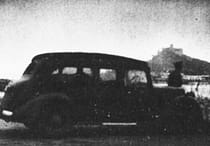
I have stressed the needs of the observer because he, above all others, must be mobile. His job consists of moving from area to area and I urge that his transport needs should have special attention.
For the purpose of general liaison and communication it is essential that at least two despatch riders should be put at the BBC’s disposal by Public Relations. I cannot over-emphasise the difficulty of finding formation headquarters during a moving battle. I believe that I have had more experience than any other correspondent of finding headquarters in action and in making use of systems of communication, but I have never known the job to be so difficult as it was during Spartan. To find a Canadian Armoured Corps Headquarters in order to catch their despatch rider may mean a search of three or four hours, which, as a daily proposition, is clearly absurd. The observer must have one despatch rider following him or the recording car, everywhere. This despatch rider can take despatches back direct to the Liaison Officer at Force Headquarters for transmission and return to a pre-arranged spot.
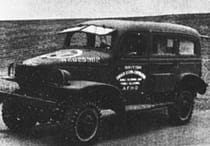
This is the only way of ensuring daily communication. I asked repeatedly for a despatch rider in the desert but could never secure one because of the general shortage. There can be no such shortage here, and I suggest that the BBC apply for two – one for the Liaison Officer and one for the observer. The first despatch rider can also be used for the convenience of the Outside Broadcasts and Features representatives and, indeed, it might be possible for the observer to arrange his despatch rider’s schedule to suit either of the other men if they are working in his sector. Such an arrangement would have to be determined by the observer.
Personnel
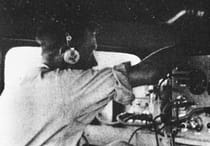
This is a delicate point that I must raise. I am sure you will want to consider it at your discretion. I feel that the senior engineers of the Corporation should be asked to choose only with the greatest care the recording engineers who are to wear war correspondents’ uniform. At present they do not seem to realise that by donning the uniform, the correspondent is assuming automatically the status and most of the privileges of an officer, a status for which any soldier or officer-cadet must work and train. I regard it as an honour to be an accredited war correspondent, and I think my view is shared by the few of us left who had the privilege of being the first correspondents to go to France with the Army in 1939. We were the people who had to break some very thick ice and establish ourselves as trusted observers. We managed this successfully, and as a result, during Spartan exercise, I was continually meeting officers of Field and General rank who were friends of mine in France and the Middle East. But it is not enough to be on friendly terms with these men; to win their full confidence you must show a sense of military discipline and bearing.
I have learned how to conduct myself in the field and at formation Headquarters by three years of hard practice. Last week I was given as engineer and travelling companion a young man who had never worn a uniform in his life until two days before, and who most certainly would never have passed the elementary tests of officer-cadetship. He wore his field cap at a rakish angle and had a cigarette drooping from his lips from early morning until he went to sleep at night. He addressed private soldiers, military policemen and sentries as ‘old boy’. At least on one occasion, in my presence, he addressed an elderly War Office General by calling at him ‘I say’, again with the cigarette dangling. He kept it there while he talked, and when he had finished he gave a friendly wave and turned away. The cigarette was still there.
I hope you will not suspect me of being a ‘Colonel Blimp’. No one hates more than I do the unnecessary mannerisms of, for example, the Household troops. I am interested only in doing the war-reporting job efficiently, and I know from experience that we cannot succeed in our job if any one of us behaves grotesquely in a purely military area. Such people as that engineer will only be looked upon as oddities that should be better employed in an infantry battalion. We simply must fit ourselves into the landscape and conduct ourselves in accordance with the rank whose privileges we enjoy. It was a particularly embarrassing business for me as I know so many of the officers taking part in Spartan.
I wonder if you could find some way of ensuring that we have in a battle team only engineers who can hold their own in this respect. We must remember that in the eyes of the Army we are all officers and all of the same approximate rank. The newspapers are particularly bad in this respect, and personally I should like the BBC to set a better standard.

